“We should be working harder to figure out how soon large-scale employment disruption will occur and exactly what income policies will be needed when the time comes.” — Elliott/Van Damme
Technological advances are going to change work skills in the future and leave certain kinds of workers unemployable. A new book, Computers and the Future of Skill Demand, uses a test based on the OECD’s Survey of Adult Skills (PIAAC) to compare computers with humans. The test assesses three skills that education systems like to focus on which are used in today’s workplace, namely literacy, numeracy and problem solving. The Global Search for Education invited Stuart Elliott, the book’s author, and Dirk Van Damme, OECD’s Head of the Skills Beyond Schools Division, to discuss the study.
Stuart and Dirk: According to Computers and the Future of Skill Demand, robots seem to be better at hard skills such as mathematics and computing, while humans are much better at soft skills, such as reasoning and writing. Should education systems in the future focus more on softer skills and give up teaching hard skills altogether, or is there some value in knowing skills that robots, at the moment, seem to be better at?
For a skill like literacy, it’s still useful to learn to read at a simple level – similar to what computers can already do – as a way to develop reading skills that are beyond current computers. So one reason to learn something a computer can do is to develop a higher level of that skill.
Other skills are useful to learn to develop certain ways of thinking. Computers are far better at basic arithmetic and we now rarely solve complicated math problems by hand. But it’s helpful for everyone to learn basic arithmetic as part of learning to reason with numbers, even if we usually use calculators for most arithmetic problems.
“We’ll be surrounded by computers that provide information, direct our attention and suggest choices. The real competence needed by people will be the critical thinking and reasoning to put all the pieces together.” — Elliott/Van Damme
In your opinion, what are three key skills each child must possess in order to remain competent in an age of robotics?
The study looked at three skills that are generally believed to be important for everyone: literacy, numeracy and problem solving. That’s why we call them ‘foundation skills’. These will still be key skills over the next few decades. But the capabilities of computers suggest we’ll be using these skills in new ways, as we’re already seeing. We’ll be surrounded by computers that provide information, direct our attention and suggest choices. The real competence needed by people will be the critical thinking and reasoning to put all the pieces together.
What can parents, who have young children, do to prepare their kids for a robotic future we know so little about?
This question goes beyond the current study. However, it might be helpful for parents to focus on a set of more fundamental skills that have been important throughout human history: the skills of developing passionate interests, building strong individual relationships, and participating actively in groups. These skills will continue to be essential to creating a meaningful life, no matter what happens with robots and computers.
Do you foresee a future where governments and intergovernmental agencies mandate human-to-AI ratios in the workplace to avoid massive unemployment, especially in the transitioning phases between human and robotic workers?
Such a mandate seems completely unworkable and would simply encourage companies to find ways to work around the requirement. For one thing, it would be impossible to count robotic workers because most automation will be virtual and invisibly distributed across many computers. This is the case for the skills analysed in the current study. Instead of trying to limit robots and computers, effective policy responses to job loss will need to start first with education and then move to income redistribution as automation becomes more advanced.
“It might be helpful for parents to focus on a set of more fundamental skills that have been important throughout human history: the skills of developing passionate interests, building strong individual relationships, and participating actively in groups.” — Elliott/Van Damme
We hear a lot about robots in professional contexts but let’s talk about this technology’s social implications. Can robots become our friends? What role will robots have in human societies, especially outside of jobs?
This question goes beyond the study and the current state of computer technology. However, we know that people have emotional reactions to objects like dolls and to animals with more limited behaviour than humans. There are also anecdotes about people having emotional reactions to simple computer conversational systems like Amazon’s Alexa or Apple’s Siri. So there’s no question that people will develop emotional reactions to robots as their behaviour becomes increasingly complex and responsive. At some point, it will be natural to see our extended relationships with particular robots as allowing a kind of friendship. This is a theme that’s often been addressed in science fiction, but the reality is a long way away.
Saudi Arabia recently gave citizenship to a female robot named Sophia. How will giving citizenship to robots change society’s rules, such as human/ robot rights? Should governments start drafting up legislations that deal with robots?
At this stage of the technology, giving citizenship to a robot is a publicity stunt that trivializes the serious issues involved. Someday there are likely to be robots that are so self-reflective that they’ll describe their reasoning and goals the same way humans do. When that happens, we’ll need to decide whether to treat those robots legally as having a kind of self-interest comparable to humans. That decision involves difficult scientific and moral issues that will be hard to work through, but we’re not there yet.
On a more practical side, however, it’s already time for legislation to start to address the responsibilities of autonomous robots and computers, such as self-driving cars, automated trading systems or computer personal assistants. Increasingly, such systems are making decisions that only humans have made in the past. There will be many practical areas where legislation related to actions by robots and computers will be needed.
“Someday there are likely to be robots that are so self-reflective that they’ll describe their reasoning and goals the same way humans do. When that happens, we’ll need to decide whether to treat those robots legally as having a kind of self-interest comparable to humans.” — Elliott/Van Damme
Are we equating robots to humans too much?
We’re nowhere close to robots being equal to humans, so it’s still science fiction to think about robot friendships or citizenship. However, most work tasks don’t require full human capabilities, so we do need to start to think about the possibility of robots and computers substituting for many human workers.
Can you foresee a world where robots, AI, automation, algorithms, 3D printing, and all these interrelated advances, cause such an enormous disruption in employment for human beings that our entire economic system will need to be transformed? For instance, a world that will require a basic incomes policy and in which a very significant portion of the population will not be employed?
Absolutely. The primary question is whether such large-scale employment disruption is only a few decades away or whether it won’t appear for a century or more. If most skills are like the three skills we analysed in the study, then such disruption is probably only a few decades away. But we simply don’t know if that’s the case because we haven’t analysed other types of skills.
Whenever the disruption comes, it will require difficult changes to the structure of the economy, involving something like a universal basic income. It’s too soon for the public to worry about this or for governments to enact basic income policies. However, we should be working harder to figure out how soon large-scale employment disruption will occur and exactly what income policies will be needed when the time comes.
Stuart Elliott, C. M. Rubin, Dirk Van Damme
Join me and globally renowned thought leaders including Sir Michael Barber (UK), Dr. Michael Block (U.S.), Dr. Leon Botstein (U.S.), Professor Clay Christensen (U.S.), Dr. Linda Darling-Hammond (U.S.), Dr. MadhavChavan (India), Charles Fadel (U.S.), Professor Michael Fullan (Canada), Professor Howard Gardner (U.S.), Professor Andy Hargreaves (U.S.), Professor Yvonne Hellman (The Netherlands), Professor Kristin Helstad (Norway), Jean Hendrickson (U.S.), Professor Rose Hipkins (New Zealand), Professor Cornelia Hoogland (Canada), Honourable Jeff Johnson (Canada), Mme. Chantal Kaufmann (Belgium), Dr. EijaKauppinen (Finland), State Secretary TapioKosunen (Finland), Professor Dominique Lafontaine (Belgium), Professor Hugh Lauder (UK), Lord Ken Macdonald (UK), Professor Geoff Masters (Australia), Professor Barry McGaw (Australia), Shiv Nadar (India), Professor R. Natarajan (India), Dr. Pak Tee Ng (Singapore), Dr. Denise Pope (US), Sridhar Rajagopalan (India), Dr. Diane Ravitch (U.S.), Richard Wilson Riley (U.S.), Sir Ken Robinson (UK), Professor Pasi Sahlberg (Finland), Professor Manabu Sato (Japan), Andreas Schleicher (PISA, OECD), Dr. Anthony Seldon (UK), Dr. David Shaffer (U.S.), Dr. Kirsten Sivesind (Norway), Chancellor Stephen Spahn (U.S.), Yves Theze (LyceeFrancais U.S.), Professor Charles Ungerleider (Canada), Professor Tony Wagner (U.S.), Sir David Watson (UK), Professor Dylan Wiliam (UK), Dr. Mark Wormald (UK), Professor Theo Wubbels (The Netherlands), Professor Michael Young (UK), and Professor Minxuan Zhang (China) as they explore the big picture education questions that all nations face today.
The Global Search for Education Community Page
C. M. Rubin is the author of two widely read online series for which she received a 2011 Upton Sinclair award, “The Global Search for Education” and “How Will We Read?” She is also the author of three bestselling books, including The Real Alice in Wonderland, is the publisher of CMRubinWorldand is a Disruptor Foundation Fellow.
Follow C. M. Rubin on Twitter: www.twitter.com/@cmrubinworld

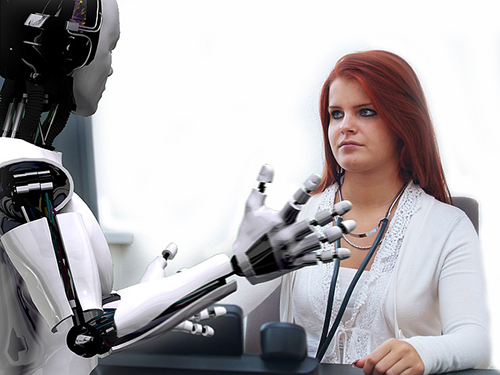

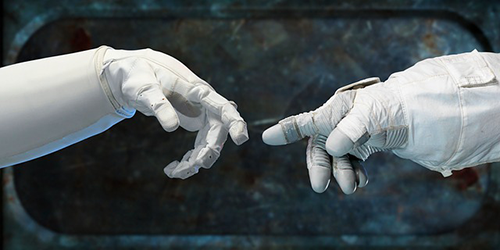
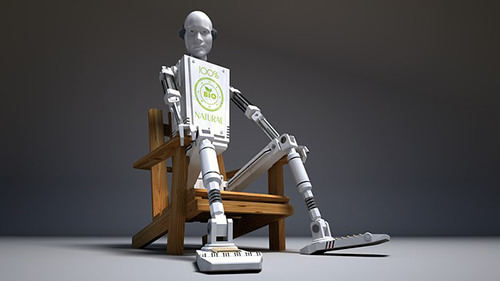

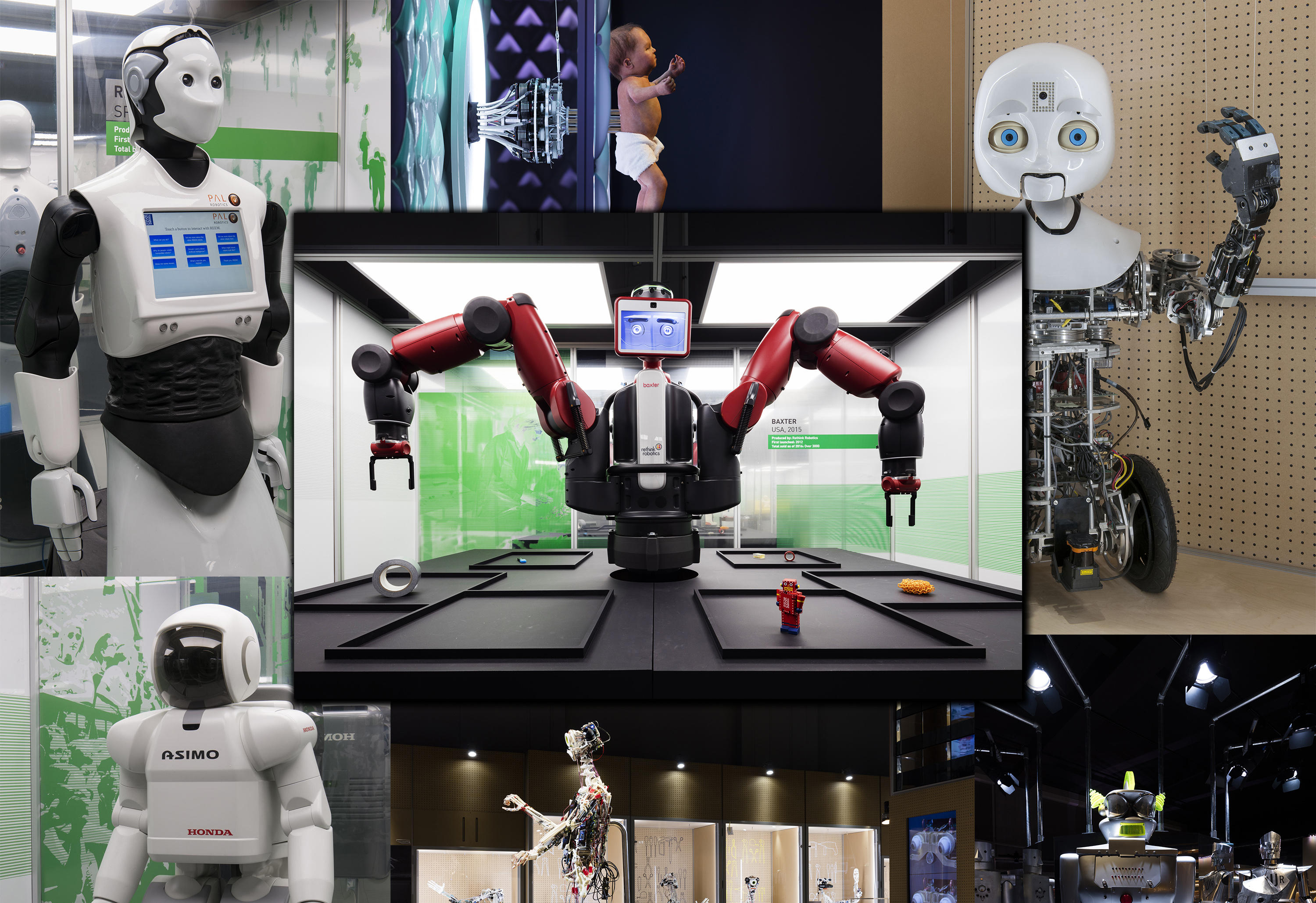
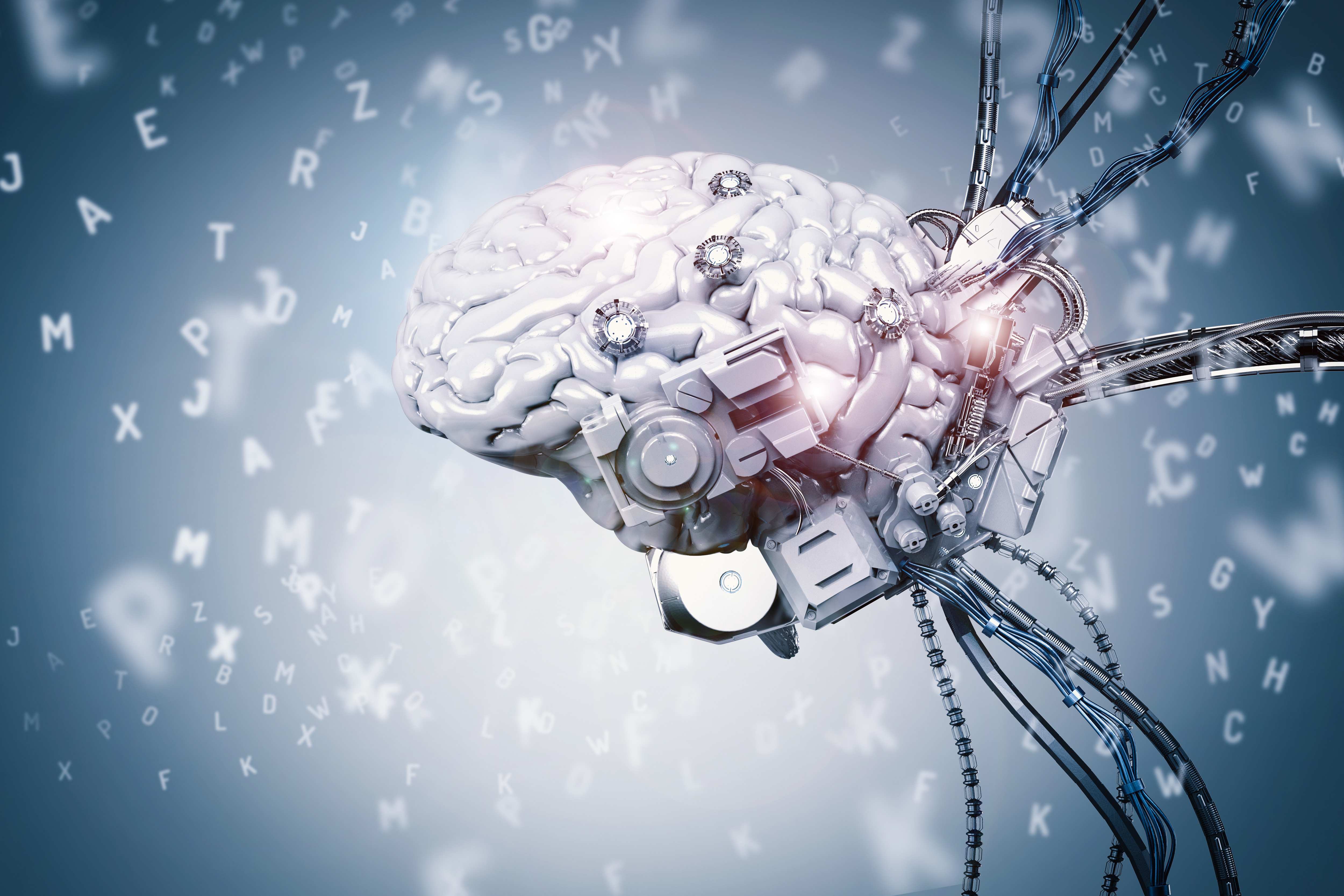
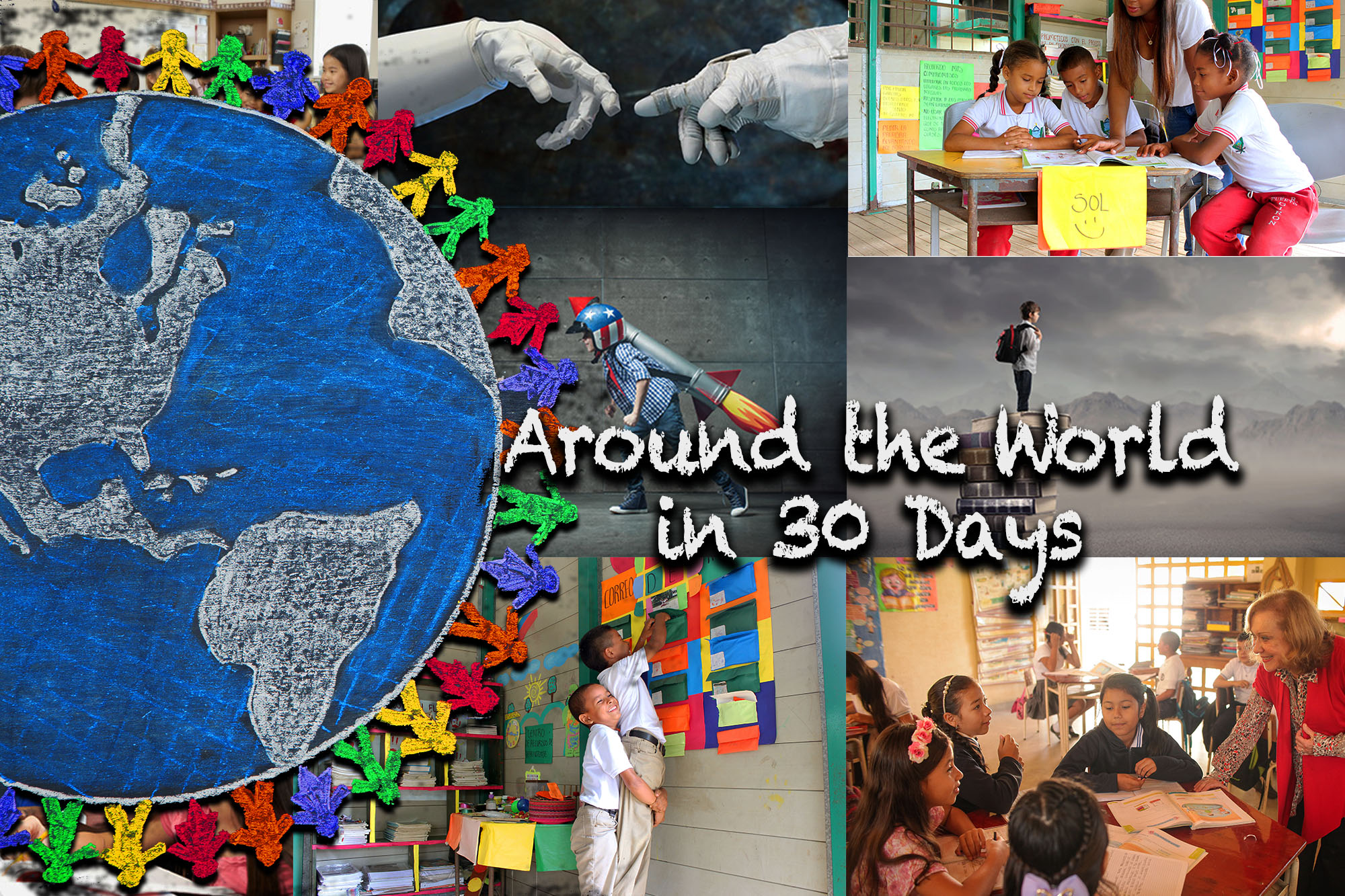

Recent Comments